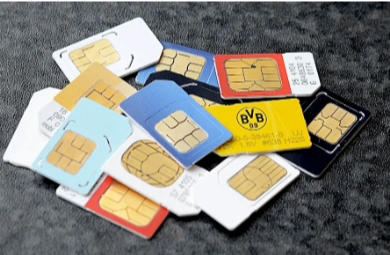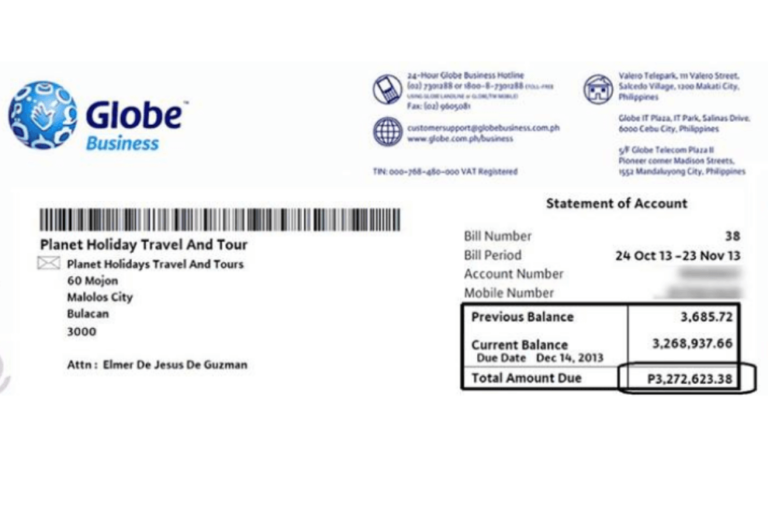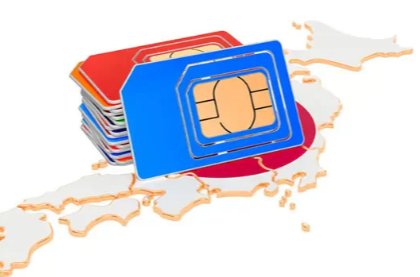SIM cards are an essential part of modern mobile communication, but did you know they can expire? While the physical SIM card may last a long time, various factors related to your mobile network account can cause deactivation. In this article, we’ll explore how SIM cards work, why they expire, and what you can do to prevent it.
Understanding SIM Cards
SIM cards, or Subscriber Identity Module cards, store unique information that identifies a subscriber on a mobile network. These cards are necessary for mobile phones, tablets, and other connected devices to authenticate themselves on the network. Without a SIM card, most modern phones would not be able to make calls, send texts, or access data services.
SIM cards store essential information such as:
- Your mobile number
- Subscriber identity (IMSI number)
- Carrier details
- Contact information (on older models)
These cards are vital in linking your device to your mobile network provider. But just like any technology, SIM cards do have certain limitations.
Do SIM Cards Expire?
Technically, SIM cards themselves do not have a predetermined expiration date. They can last for years if kept in good condition. However, various factors can cause a SIM card to stop functioning or become deactivated. These factors often relate to the activity on the mobile account rather than the SIM card hardware itself.
Here are the common reasons that may lead to a SIM card’s deactivation or perceived expiration:
- Account Inactivity: Most mobile network providers have policies that deactivate SIM cards if there is no activity for an extended period. For instance, prepaid SIM cards often require that you either make a call, send a text, or use data within a certain timeframe—such as 90 days—or the card will be deactivated.
- Prepaid Expiration Dates: Some prepaid SIM cards come with expiration dates for the balance. If you do not top up your account or use the available balance before the expiry date, the SIM card may become inactive.
- Service Contract Expiration: If you are on a postpaid plan with a fixed contract, your SIM card might stop working after your contract expires if you fail to renew it or switch to another service provider.
- Deactivation by the Provider: In some cases, mobile service providers deactivate SIM cards if they detect irregular activities or if a user breaches the terms of service.
What Happens When a SIM Card Expires?
When a SIM card is deactivated or “expires,” the following occurs:
- Loss of Service: The phone will no longer be able to access the network for making calls, sending texts, or using mobile data.
- Number Recycling: After a certain period of inactivity, the mobile number associated with the SIM may be recycled. This means your phone number could be reassigned to a new user.
- Potential Data Loss: In some cases, any contacts or messages stored directly on the SIM card could be lost after deactivation.
- Read more: Tartan High School Ann Bacon: A Legacy of Excellence and Dedication
How to Prevent SIM Card Expiration?
If you want to keep your SIM card active, you can take the following steps to prevent it from being deactivated:
- Keep the Account Active: Regularly use your phone for calls, messages, or data to ensure your SIM card remains active. For prepaid SIM cards, ensure you add credit or make a chargeable action before the expiration date.
- Contact the Service Provider: If you’re unsure about the expiration policy of your SIM card, it’s best to reach out to your mobile network provider for clarification. They can provide specific details about your plan’s requirements.
- Use an International Roaming SIM: If you frequently travel and want to avoid losing your SIM card while away from your home country, an international SIM card might be a good option. These SIM cards are designed to stay active for longer periods without requiring frequent top-ups.
Signs That a SIM Card Is Expiring
There are a few telltale signs that your SIM card is about to expire or has already been deactivated:
- No Signal: Your device displays “No Service” or “Emergency Calls Only” even when in a coverage area.
- No Network Connection: You can’t make calls or send texts, even though your phone is fully functional.
- Unable to Recharge: If you try to top up your prepaid balance and the system won’t allow it, your SIM card may already be deactivated.
- Error Messages: You may receive error messages such as “SIM card not recognized” or “Invalid SIM.”
FAQ’s
1. How long does it take for a SIM card to expire due to inactivity?
This depends on the mobile network provider, but many require activity (a call, text, or data usage) within 30 to 180 days for prepaid cards.
2. Can a SIM card be reactivated after it expires?
In some cases, SIM cards can be reactivated if they’ve been inactive for a short period. However, after a certain point, the number associated with the SIM may be reassigned to another user, making it impossible to reactivate.
3. How do I know if my SIM card is about to expire?
Your network provider may send a notification via text or email indicating that your SIM is at risk of being deactivated due to inactivity.
4. Can I transfer my phone number to a new SIM card?
Yes, most network providers allow you to transfer your existing phone number to a new SIM card if your current card expires or is lost.5. Does replacing a SIM card affect my data or contacts?
If your contacts or data are saved on the SIM card (common in older phones), you may lose them when replacing the SIM. Modern smartphones typically store data and contacts on the device or cloud storage, making a SIM card swap less impactful.




